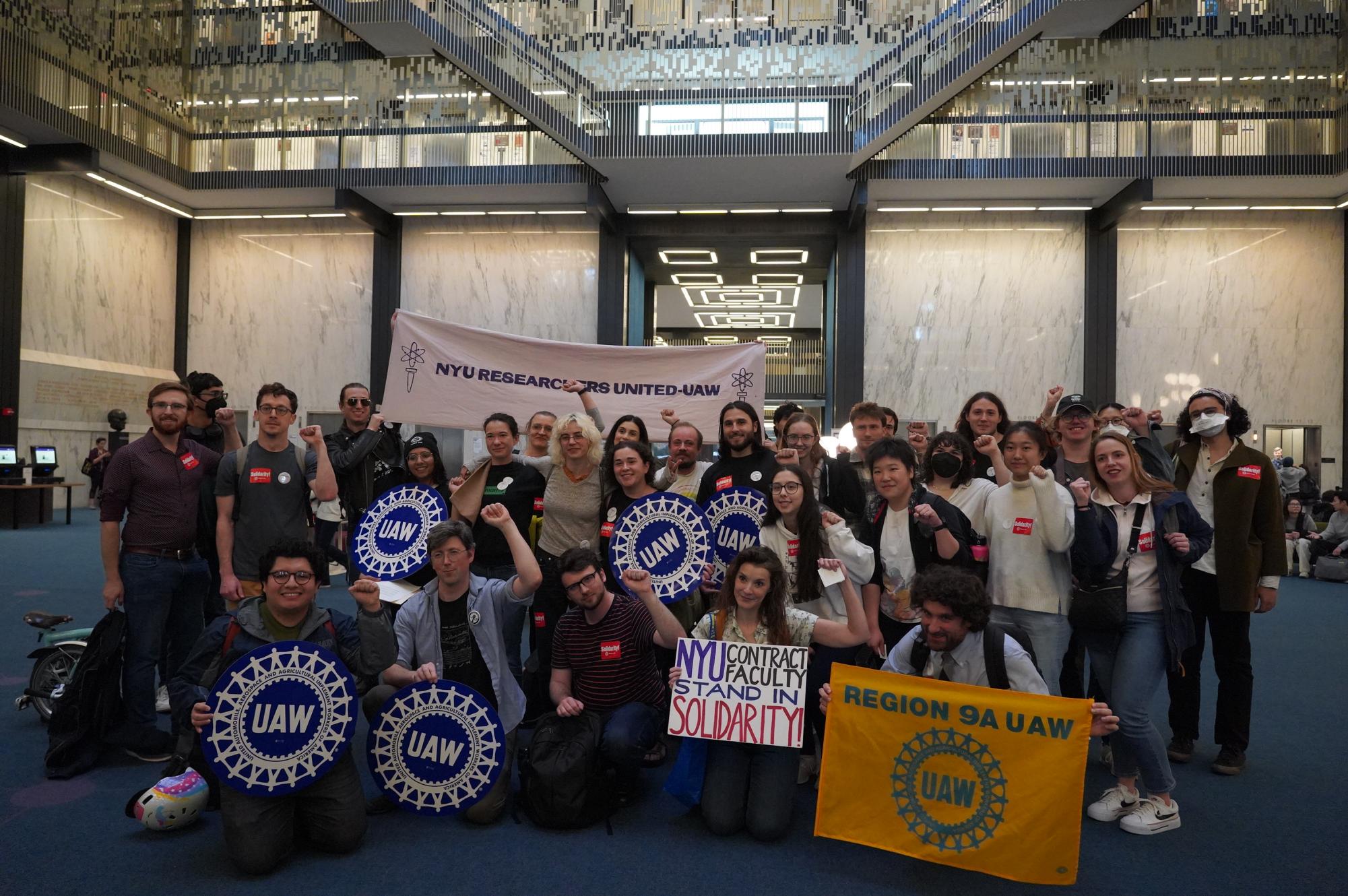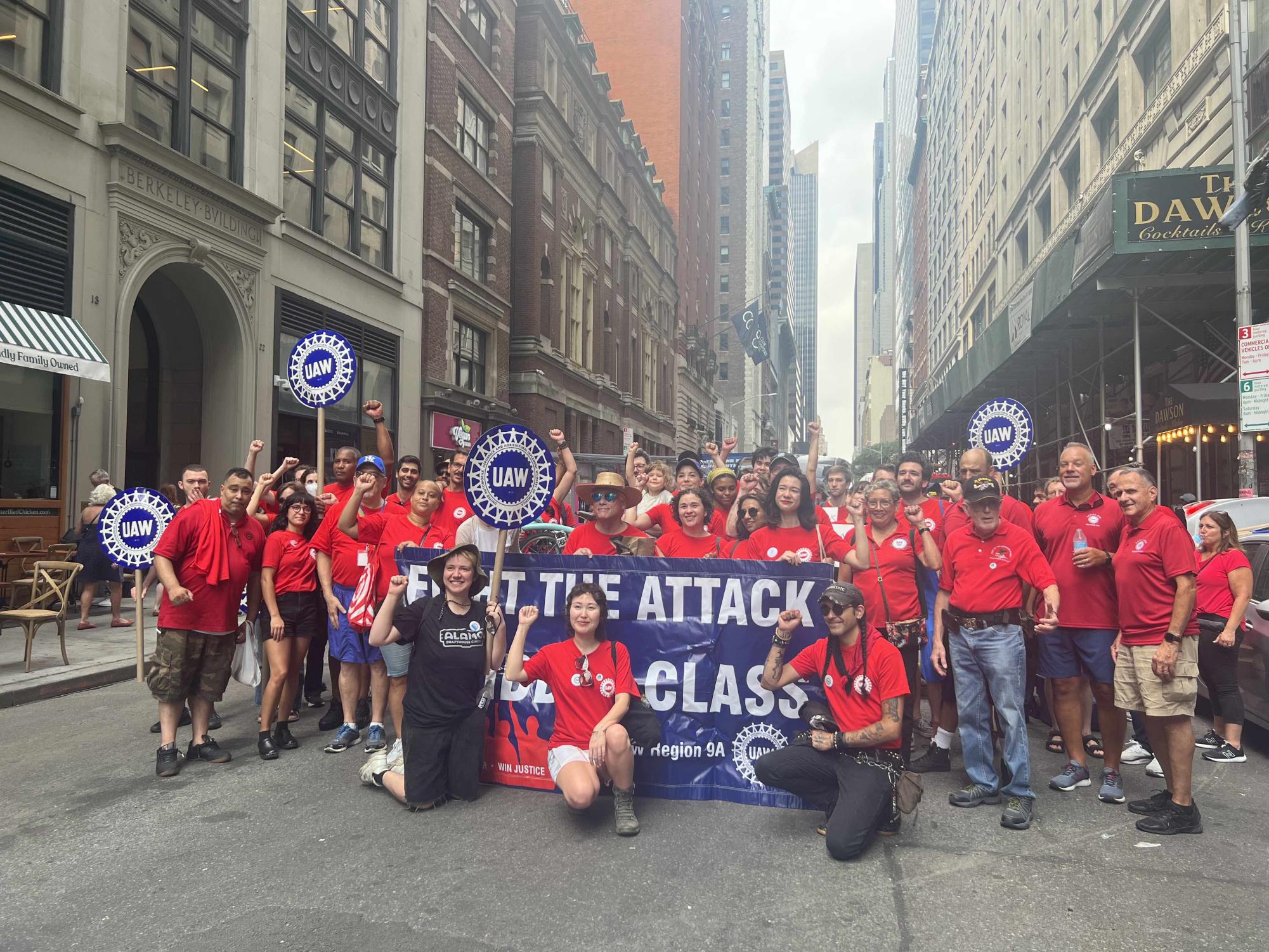Last year, NYU Researchers United — the union representing over 4,000 researchers at the university — called for official union recognition in a letter delivered to university president Linda Mills. In the letter, union members called for “higher wages, stronger benefits, expanded access to housing, additional support for parents and international scholars, and a fair grievance process.” NYU denied the group’s request.
NYU has since denied the group’s request, prompting the researchers union to file a petition with the National Labor Relations Board for recognition. The university has argued that the term “researcher” is too vague for the group to be represented under the same union. It has also said that the union cannot be recognized because its members span across schools that don’t have labor agreements with NYU, such as the College of Dentistry, the School of Law and NYU Grossman School of Medicine.
Despite the obstacles it has faced in its recognition efforts, NYU-RU is far from the first to try unionizing researchers under one group. Researchers from the University of Washington, Columbia University and the University of California system, to name a few, have all successfully unionized — some of them have existed for over a decade.
CPW-UAW 4100,representing postdoctoral researchers at Columbia University, has been recognized since 2018. The union made significant strides in protections for international researchers in its most recent collective bargaining agreement with the university, which was reached in October 2023. CPW-UAW’s contract includes a 60-day grace period for immigration-related authorization delays as well as reimbursements of up to $1,250 to cover visa renewals, administrative fees and pre-approved travel costs. While relations between CPW-UAW and the university were contentious over this past year, with the union narrowly averting a strike during the bargaining process, it was still ultimately successful.




























































































































































